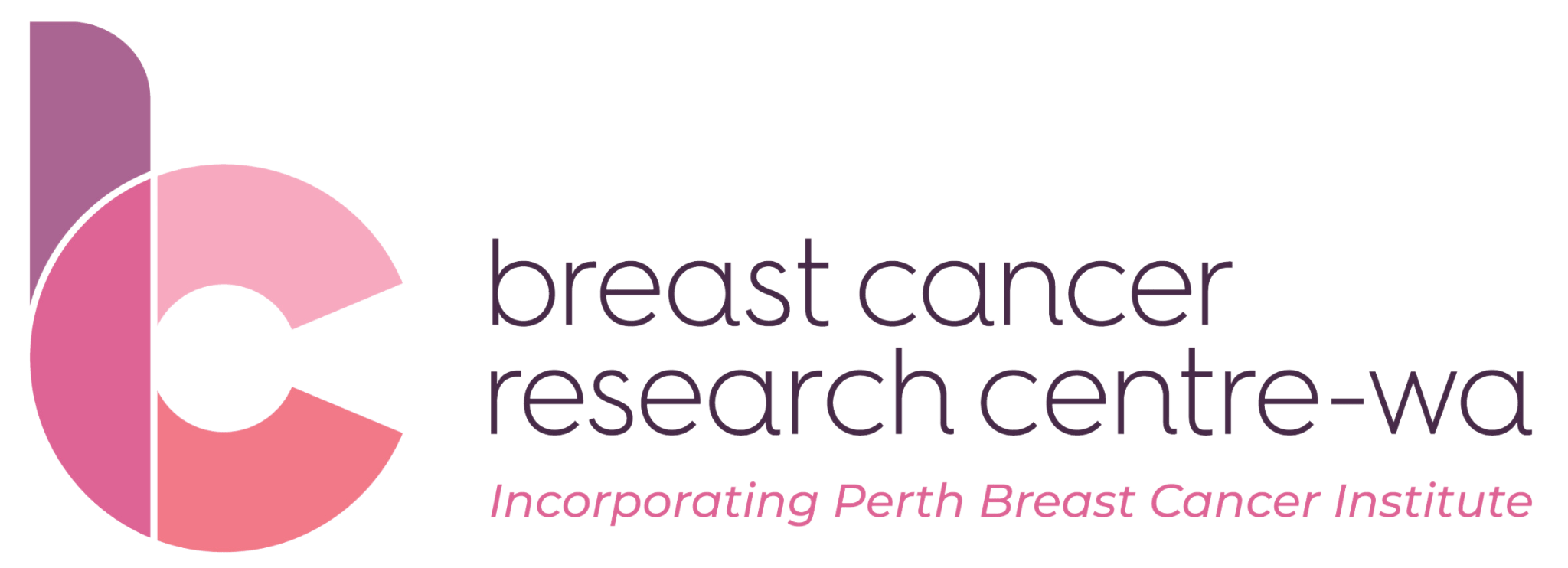BCRC-WA has recently conducted a study on the effects a breast cancer diagnosis has on offspring.
We believe this is the first breast cancer-specific study into the psychological and emotional state of offspring in Australia.
Background
Breast cancer is the most common cancer affecting women and the most common cause of cancer death in women.
In Australia, 49% of newly diagnosed breast cancers occur in women under 60, with 23% of women under 50 at the time of diagnosis. It’s likely many of these women have children aged between 14-24 at the time of their diagnosis and during their treatment.
A cancer diagnosis has significant impact on patients and families, and of course, on children. This can be due to changes in the family dynamic and children having to undertake additional family responsibilities, resulting in less time for social activities.
This can then impact on a child’s personal development during their formative years and result in high levels of emotional and psychological distress.
Adolescence is already a vulnerable stage, so it stands to reason that when an adolescent has a parent going through cancer, they are at higher risk of psychosocial disturbance than a younger or adult child.
The motivation behind our offspring study was the premise that if we can better understand families’ needs during their cancer journey, we can better support them.
Our aim is always to do everything we can to ensure patients have the greatest chance of recovery and support.
Outcomes
The study assessed the psychological needs and distress of offspring of both early and advanced breast cancer patients.
It also analysed the demographic and cancer-related factors that impact levels of distress and the unmet psychological needs of offspring. It was found there were a significant number of offspring with high levels of distress, where distress tends to be greatest soon after diagnosis.
Key findings of the study included:
- 31% of the offspring reported high distress
- 10% displayed severe distress, requiring immediate intervention
- Stage of diagnosis is significant in the that highest distress for offspring is soon after diagnosis and therefore, personnel and programs to address this will be crucial
- Female offspring have higher rates of distress than male.
By defining the level of distress and unmet needs (and identifying factors associated with such increased distress and needs), BCRC-WA can better identify families struggling with the impact of a breast cancer diagnosis and tailor programs to address this currently unmet need.
We will provide further updates on programs and initiatives in due course.
To read more articles in our Autumn edition of ‘What’s news’, click HERE.



